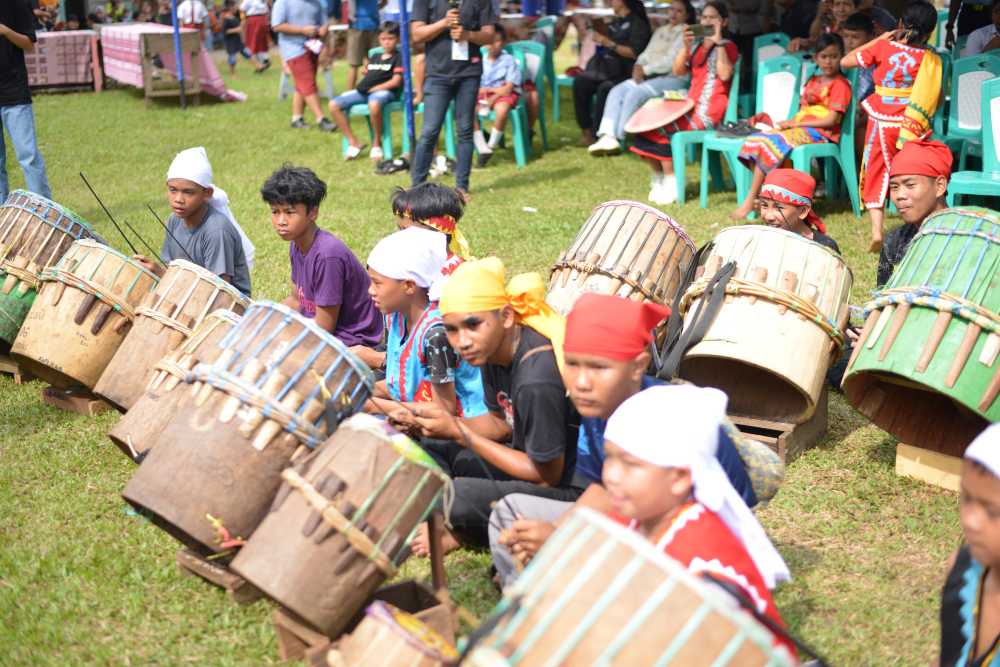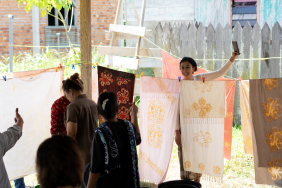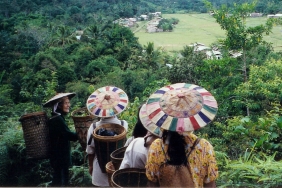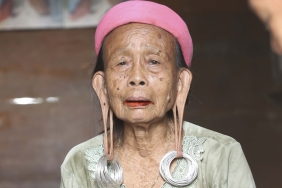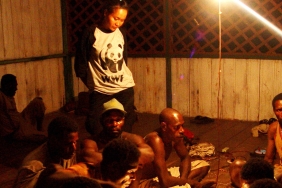PRESERVING TRADITION AND CULTURE THROUGH BORNEO YOUTH PROGRAM 2025: YOUTH JAMBOREE FOR LOCAL FOOD AWARENESS
Indigenous peoples and local food are two sides of a coin that cannot be separated. Both are intertwined and need each other. Indigenous peoples, through their traditional practices, understand very well how food cultivation is carried out to meet the daily nutritional needs of their communities, and local food, developed through community philosophical values, will help indigenous peoples maintain the natural resources within their scope of life. On the other hand, there are young people who, with the times, are slowly being uprooted from their roots as part of indigenous communities, and are beginning to lose their identity and knowledge of traditional values and culture.
This idea sparked the Sempekat Lestari Consortium, one of the Leading the Change (LtC) partners in West Kutai, East Kalimantan, to start a movement for young people in West Kutai District to re-realize that local food is not only a way for food security for the earth's population in the future, but also a tool to preserve nature and traditions, and a way to return to the roots, namely as indigenous peoples.
On July 24-27, 2025, the Sempekat Lestari Consortium, in collaboration with WWF Indonesia Mahakam-Kayan Project, the Directorate of Belief in God and Indigenous Peoples (BKMA) of the Ministry of Culture, Parara, and the West Kutai District Government, held a Youth Jamboree on Local Food. This activity aims to introduce the cultural traditions of indigenous peoples about local food to the participants, build awareness of youth as agents of change in society in the face of rapid economic growth and development, help young people build networks of relationships, build character, and start a movement in West Kutai, where young people are also involved in developing the potential of local food in their respective areas.
This activity involved 20 schools from 16 sub-districts in West Kutai Regency, with a total of 85 students as participants. The participants were immersed in dynamics and activities for 4 days and 3 nights in Linggang Melapeh Village, which is home to the Tonyooi Rentenuukng indigenous community. During the four days, they received materials on local food and commodity management, green economy, and personal development and improvement. There were also visits to farms managed by local communities, coffee farms, hydroponic farms, and farms of Women Farmers Groups, which manage local food. Not only that, but some competitions and games required creativity and teamwork.
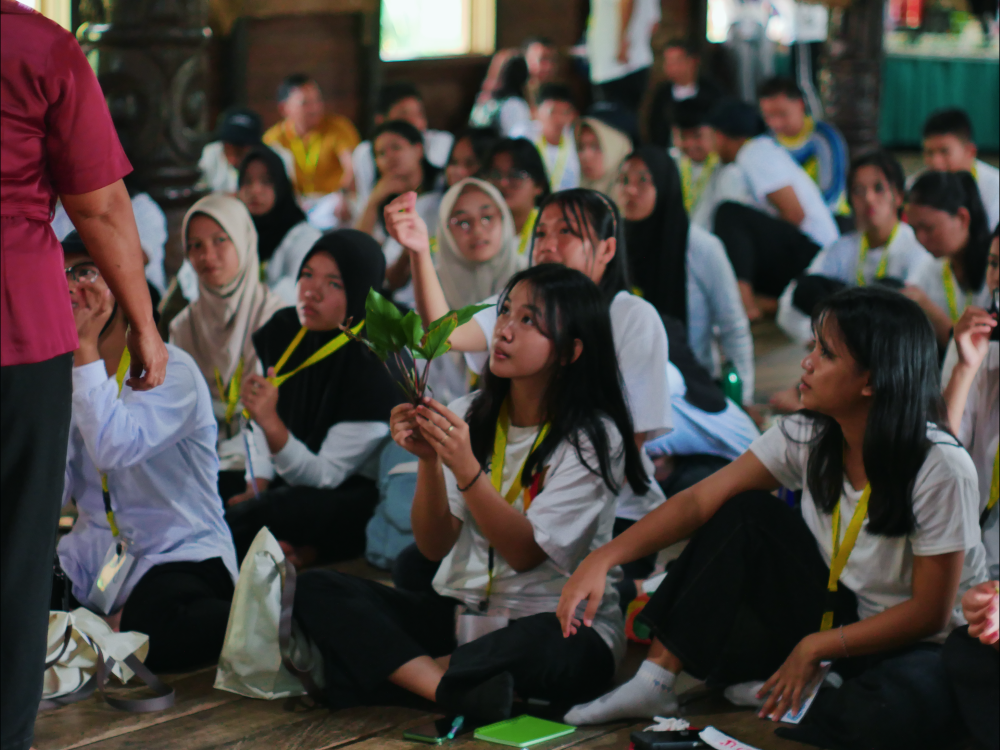
One of the highlights of this activity is that students are asked to bring local food products from their respective regions, the result of the students' innovations. These processed products were then competed, and as a result, 6 products from 6 winning schools were obtained that will receive assistance from the Sempekat Lestari Consortium for development and marketing. The result? Generation Z impressed! All participating schools enthusiastically presented a variety of local food products that they creatively created. Some of the standout products included cassava tortillas, sagon kriuk steady, and candy from medicinal plants-all of which were not only attractive, but also promising in terms of taste.
On the other hand, still in the same activity, the Tonyooi Rentenuukng indigenous community in Linggang Melapeh Village was actively involved, with four representatives serving as resource persons to present the community's practice of traditional values in the farming process, as well as the processing of local food ingredients into dishes.
These individuals hold a wealth of knowledge about Tonyooi Rentenuukng traditions, well preserved in their long-term memories. They were also able to explain it in a precise and engaging way to the participants. This contrasts with the notion that young people tend to be apathetic towards culture and tradition. Instead, the young people showed high curiosity. They actively asked questions and discussed with the resource persons until they finally understood the common thread between indigenous peoples, traditions, local food, and the values that unite the three as part of conservation practices.
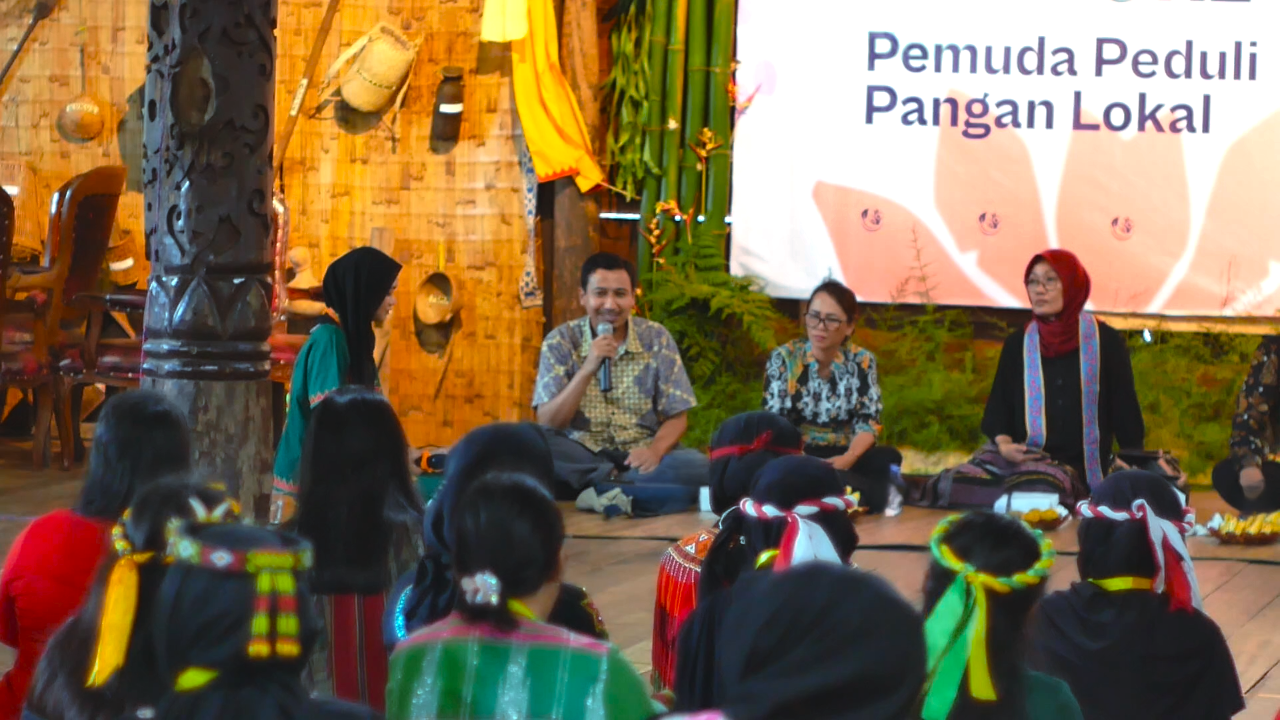
Through this activity, there was also a commitment between the Director General of BKMA, WWF Indonesia Mahakam-Kayan Project, West Kutai District Government, and Sempekat Lestari Consortium to again provide a platform for participants to work. One form of this is an exhibition of local food products from their work that will be displayed in the commemoration of the anniversary of West Kutai Regency in November.
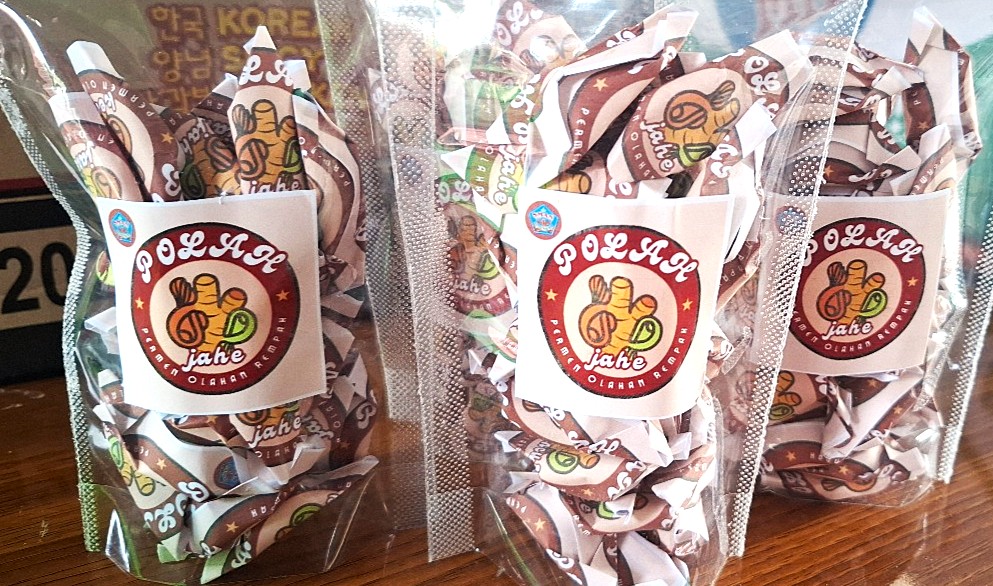
The Youth Jamboree on Local Food Care may only last for four days, but its impact is expected to reach more young people out there-encouraging them to get moving, recognize traditions, get involved in preservation efforts, and start working to expand their influence. Making this movement real is a shared responsibility, because if the platform is there, young people will enthusiastically take part.

